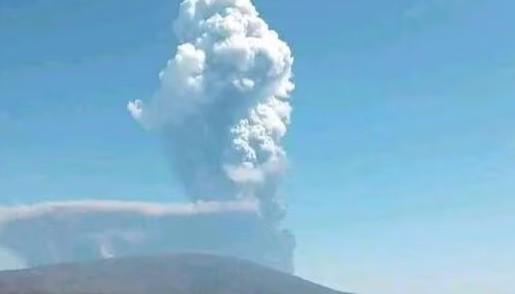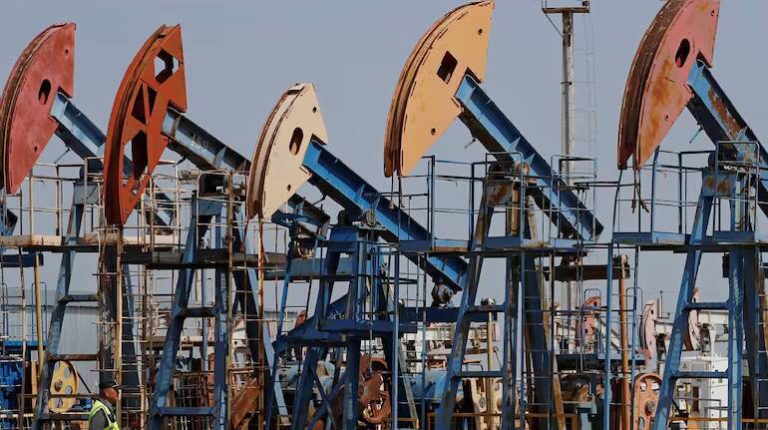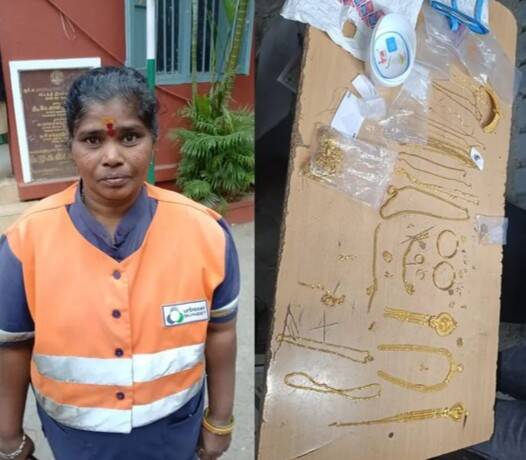
Ground Shook Like a Bomb Was Thrown: Witness on Ethiopia Volcano
The earth’s surface is constantly in motion, with tectonic plates shifting and volcanic activity shaping our landscape. Recently, a long-dormant volcano in Ethiopia’s Afar region has erupted, sending shockwaves through the ground and ash into the air. For the residents of the nearby villages, the experience was nothing short of terrifying. Ahmed Abdela, a local resident, recounted the moment the volcano erupted, saying that the ground shook “like a sudden bomb had been thrown.” The loud blast and powerful shock wave that followed left a lasting impression on those who witnessed it.
The eruption of the volcano has had a significant impact on the surrounding area, with several villages now blanketed in a thick layer of ash. This has left livestock with little to eat, as the ash covers the grass and other vegetation that they rely on for food. The local administrator reported that the ash fall has been widespread, affecting multiple villages and causing concern for the well-being of the animals. The ash fall has also raised concerns about the potential impact on the local ecosystem, as it can affect the quality of the air and water, and potentially harm the local wildlife.
The eruption of the volcano has also raised questions about the preparedness of the local authorities to respond to such disasters. While the local administrator has reported that the situation is being monitored, it is unclear what measures are being taken to mitigate the effects of the ash fall and to support the affected communities. The Ethiopian government has a responsibility to ensure that its citizens are protected from natural disasters, and it is essential that they take proactive steps to address the impact of the volcano’s eruption.
The Afar region of Ethiopia is known for its volcanic activity, with several volcanoes in the area. The region is located in the Danakil Depression, which is one of the most geologically active areas on the planet. The depression is home to numerous volcanoes, geysers, and hot springs, and is considered one of the most extreme environments on Earth. The unique geology of the region makes it prone to volcanic eruptions, and the local population has learned to live with the risks associated with these events.
Despite the challenges posed by the volcano’s eruption, the local community has come together to support each other. Residents have been working to clear the ash from their homes and villages, and to find ways to feed their livestock. The community has also been working with local authorities to assess the damage and to develop plans to mitigate the effects of the eruption. The resilience and resourcefulness of the local community are a testament to the strength and determination of the people of Ethiopia.
The eruption of the volcano in Ethiopia’s Afar region is a reminder of the power and unpredictability of natural disasters. It highlights the importance of being prepared for such events and of having systems in place to respond quickly and effectively. It also underscores the need for ongoing support and assistance to communities affected by natural disasters, to help them recover and rebuild.
In conclusion, the eruption of the long-dormant volcano in Ethiopia’s Afar region has had a significant impact on the local community. The ground shaking like a bomb had been thrown, and the ash fall has affected several villages, leaving livestock with little to eat. While the local community has come together to support each other, it is essential that the Ethiopian government takes proactive steps to address the impact of the volcano’s eruption and to support the affected communities.






